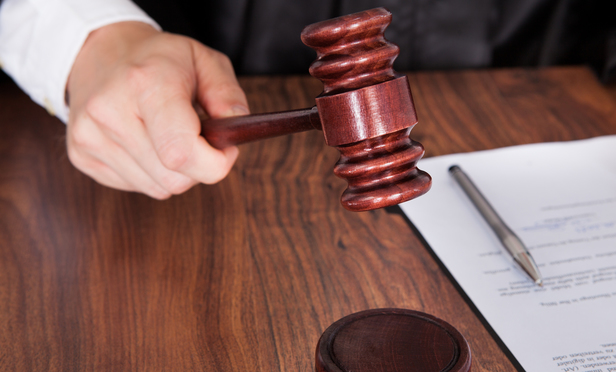Unsupported lawsuits have no place in the courts. Unfortunately, attorneys are often faced with junk claims against which they must defend. In products liability litigation, sometimes suits are filed in which the basis of all asserted claims have not been fully explored. In the mass-tort context, defense attorneys can ask for a “Lone Pine Order,” Lore v. Lone Pine Corp., 1986 N.J. Super. LEXIS 1626 (Law Div. Nov. 18, 1986), to weed out junk claims through an initial showing, but these are often not granted.
For mass-tort products liability claims, the result can be a large amount of cases with no basis in law, no chance of success, and no place in a piece of serious litigation. Attorneys are forced to quarrel over whether a plaintiff ever used a product or even sustained a compensable injury, instead of focusing on substantive issues such as causation.
This content has been archived. It is available through our partners, LexisNexis® and Bloomberg Law.
To view this content, please continue to their sites.
Not a Lexis Subscriber?
Subscribe Now
Not a Bloomberg Law Subscriber?
Subscribe Now
LexisNexis® and Bloomberg Law are third party online distributors of the broad collection of current and archived versions of ALM's legal news publications. LexisNexis® and Bloomberg Law customers are able to access and use ALM's content, including content from the National Law Journal, The American Lawyer, Legaltech News, The New York Law Journal, and Corporate Counsel, as well as other sources of legal information.
For questions call 1-877-256-2472 or contact us at [email protected]



